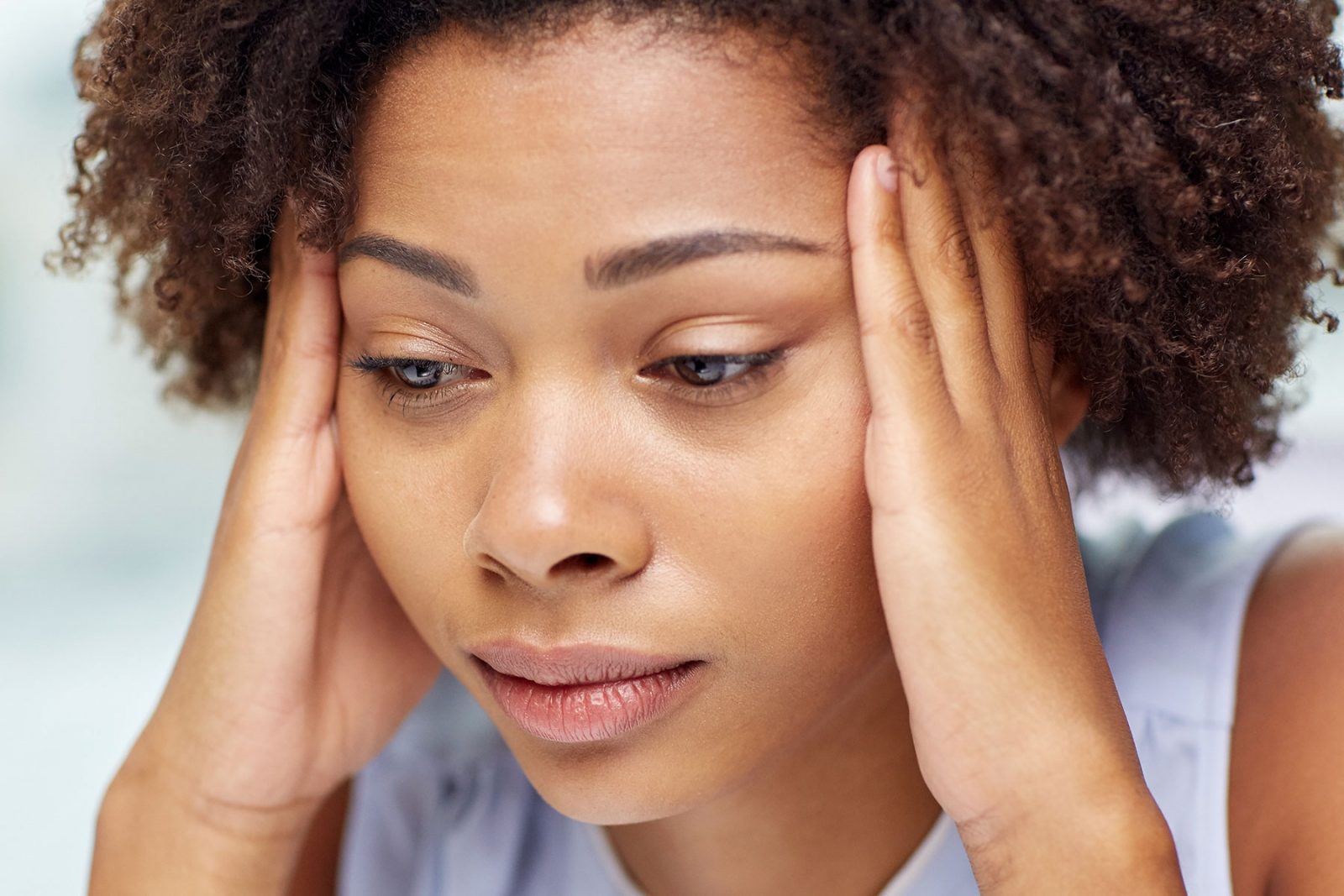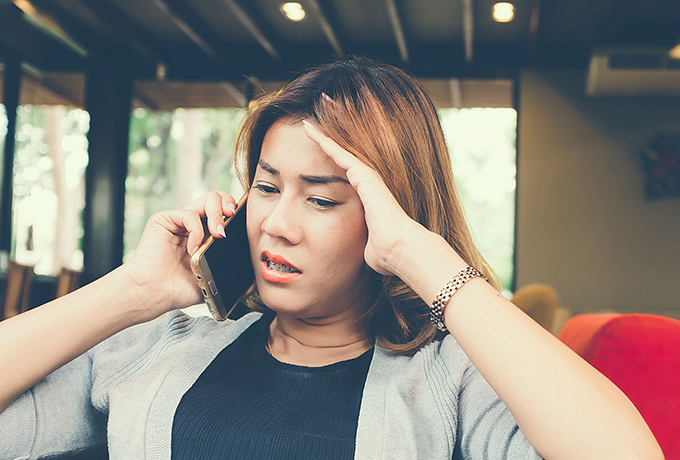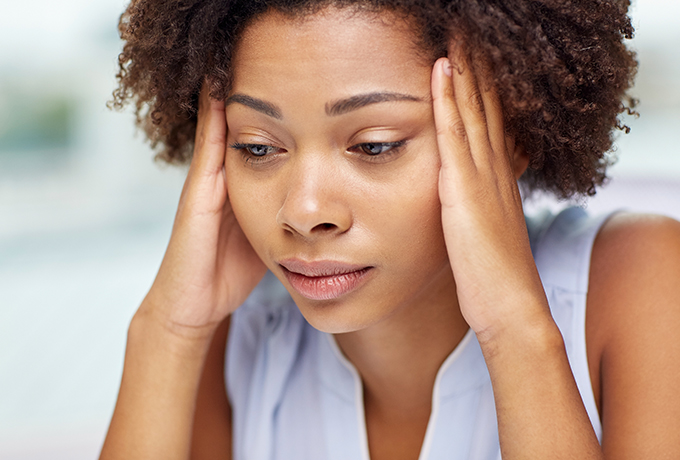Grief and bereavement after a suicide
When you lose someone close to you to suicide, the bereavement can be traumatic and overwhelming. The grief you feel can bring up many different emotions, including shock, emotional pain, confusion, guilt, denial, and even anger.
The circumstances and risk factors that led to losing your loved one to suicide are often complex. You may be looking for an explanation as to why the person chose to end their life. It is also not uncommon to question whether you could have done more to prevent the suicide. Unfortunately, you may never know what the person was going through or how they felt. The important thing to know is that you are not responsible for what happened, and you should not blame yourself.
While we all experience grief differently, below are some of the common feelings that a suicide loss can bring up:
- Shock, disbelief and numbness
- Confusion and questioning
- Anger and feeling abandoned
- Guilt and blaming yourself
- Loneliness and social isolation
When you are grieving, it might feel like the pain will never ease, and any moments of relief seem very short. While it won’t feel like it at first, most people find that these intense feelings generally start to lessen over time, and the periods of feeling okay gradually become longer. Remember that finding a way to move forward is okay, and you can do this while still acknowledging the person you lost. The length of time you grieve does not reflect the amount of love you feel; it is possible to hold onto precious memories while also moving on with life. Everyone’s experience with grief is deeply personal, and there isn’t a right or wrong way to feel or cope.
Suicide stigma and grieving
While a lot of people understand more about suicide, there is still work to do to reduce the stigma and dispel the myths around suicide.
Sadly, the stigma around suicide means that some people may not reach out to you as they don’t know what to say. In addition, suicide stigma can cause you to feel too ashamed to reach out for support or talk about it openly as you fear judgment or blame. You may also believe that you should be able to move on quickly, or you may feel conflicted by your religious or spiritual beliefs. This stigma around suicide can leave you feeling abandoned, alone and isolated.
Remember, support is available, and your feelings and emotions are legitimate. You do not have to go through your grieving alone. Everyone deserves support.
If you need to talk to someone about your grief, SuicideLine Victoria counsellors are available 24/7. Call 1300 651 251.
Looking after your mental health and wellbeing
The grieving process is rarely linear. You will have ups and downs, but what is important is finding ways to cope and move forward.
Below are ways to help you through your grief and look after your mental health and wellbeing. Be realistic about what you can achieve, go at your own pace, and do what works for you.
Acknowledge your emotions
Grieving brings up difficult emotions and feelings. Try to accept your emotions without judgement. There is no right or wrong way to feel.
You may feel confused, angry, sad, and distressed – and that’s okay. If you feel sad and want to cry, allow yourself to cry. If you feel angry, find a healthy way to release your anger, such as exercise. If you feel confused, consider journaling to process your thoughts and experiences. You can also practise mindfulness exercises to help you focus your attention on the present moment.
Opening up to someone you trust can also help you to process and share your feelings. Consider joining a support group or an online forum to speak to people who have gone through a similar experience. To find a support group or bereavement services in your area, visit the Lifeline service finder.
You may initially feel overwhelmed, but over time, these thoughts and feelings will become more manageable and lessen. If your grief and distress are not subsiding over time, you should seek professional help from your doctor or a mental health provider.
Lean on friends and family members for support
Surround yourself with people you can talk to and trust. Sometimes, loved ones want to help but may not know what to say or do, so let them know what you need. Sharing your experience with people you trust can help with the grieving process and make you feel less alone.
Talking with loved ones or those who knew the person can be a lovely way to remember their life. It is helpful to maintain regular contact with your support network as you navigate through this healing process. Grief can trigger unfamiliar emotions and feelings, so having your support network close will allow you to tell them what you need.
Focus on self-care
Resuming even small parts of your routine can help you cope with grief, giving you a sense of normalcy. Getting back into a healthy routine can help you cope with intense emotions. And even though you may not always feel like it, it is okay to take time for yourself by doing something you enjoy.
Below are some ideas for self-care:
- Try to maintain your wellbeing by staying active, eating healthy meals, and getting regular sleep.
- Make time to do something you enjoy, such as listening to music, playing a sport, watching your favourite TV show, or creating art.
- Express yourself through art, writing, music, photography or other creative outlets.
- Plan activities and socialise to connect with other people.
- Spend time in nature, whether hiking, camping, walking in your local park, or gardening.
- Be kind to yourself if you are forgetful or distracted. Healing takes time.
- Be prepared for important events and anniversaries. Having a ritual, such as lighting a candle, listening to music, or preparing a special meal, can help mark significant occasions and commemorate the person’s life.
- Consider what matters most to you and look at ways to align your life with those values.
- Allow yourself to feel hopeful for the future.
Take things one day at a time and go at your own pace. Some days will be better than others, and that is normal. Ask for help if you need it – grieving after a suicide is a complex process, and it is okay to lean on others for support.
Get professional support
If you are not coping, noticing signs of depression, or have suicidal thoughts, reach out for professional help. There are support options available for people who have been bereaved by suicide.
- Standby Support After Suicide – a program that supports anyone who has been bereaved or impacted by suicide. They offer face-to-face and telephone support. For more information, visit their website.
- Support After Suicide – a service that provides counselling and support groups. For more information, visit their website.
- SuicideLine Victoria – a free helpline for anyone impacted by suicide on 1300 651 251.
- Lifeline – a free crisis support helpline on 13 11 14.
- Health professionals – Visit your GP, psychologist, counsellor or mental health provider and tell them how you have been feeling. Victoria’s Better Health Channel has more information on the healthcare system, and Healthdirect has a GP and service finder.
- In an emergency – call 000 immediately. Stay on the line, speak clearly, and be ready to answer the operator’s questions.
Everyone’s experience after losing someone to suicide is different – there is no right or wrong way to grieve. Understanding your emotions and finding ways to cope will help you during the healing process. You can hold on to memories while gradually finding a way to move forward.
If you or someone you know needs support, SuicideLine Victoria has professional counsellors available 24/7. Call us on 1300 651 251 or click the button on the right to access online counselling. Our service is free.
If it is an emergency, call 000.






